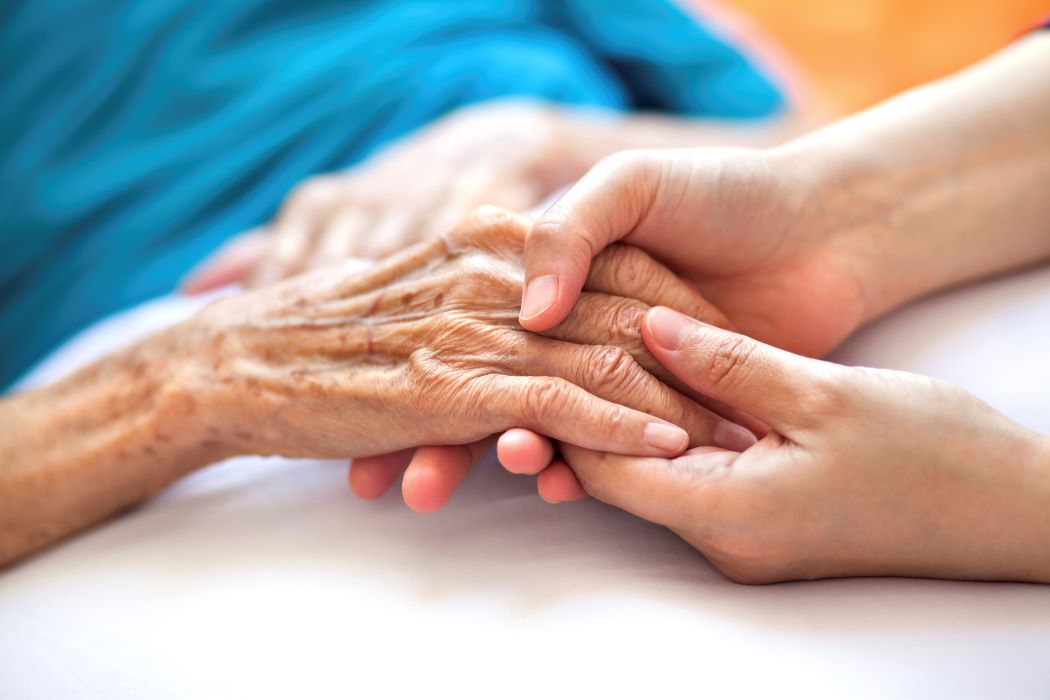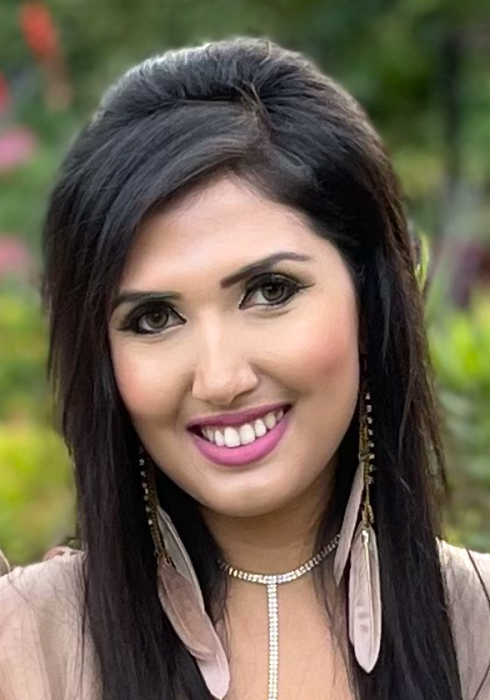
UM researcher asks patients why they’ve chosen assisted death
Canada has one of the highest rates in the world of patients choosing medical assistance in dying (MAID).
How many of those seriously ill patients are opting to end their lives because social determinants of health – such as poverty, inadequate housing and difficulties with access to appropriate care – have led them to see MAID as the best solution?
How many are influenced to choose assisted death by a loss of dignity – a feeling that they’re a burden to others and their lives no longer have value, meaning or purpose?
Salina Pirzada is determined to find out. The PhD candidate in the Max Rady College of Medicine is conducting the first study in Canada that asks patients about their motivations for MAID in the context of social determinants of health and dignity-related distress.
“We want to know why patients request MAID, and whether some feel they have no other choice,” Pirzada says.
The doctoral research study, which views patients as partners and puts a priority on understanding their lived experience, is titled “Examining the implications of evolving Medical Assistance in Dying practices and policies on vulnerable Canadians.”

PhD candidate Salina Pirzada
Pirzada has received more than $40,000 in grants, scholarships and awards for the study. She is conducting in-depth interviews lasting 60 to 90 minutes with Manitoba patients who have formally requested MAID.
This includes gathering a wealth of information about each patient, such as their socioeconomic status, housing situation, whether their health needs are being met and how isolated or supported they feel.
Pirzada is also assessing the patients’ mental health and dignity-related distress through standardized testing.
Pirzada’s PhD advisor is Dr. Harvey Max Chochinov, a distinguished professor of psychiatry who pioneered dignity therapy for end-of-life patients. She is co-advised by Dr. Christine Kelly, an associate professor of community health sciences whose expertise includes Canadian disability movements.
Since MAID became legal in Canada in 2016, the federal government has expanded eligibility so quickly that there is an alarming shortage of research on its uptake and implications, Pirzada says.
“This normalization of assisted death is occurring in parallel to Canada’s mental health crisis, a shortage of palliative care infrastructure and a rise in poverty.”
Pirzada points to the experience of Winnipegger Sathya Kovac, a 44-year-old woman with amyotrophic lateral sclerosis who said she resorted to MAID in 2022 because she could not obtain enough home care to continue living at home, felt humiliated by the process of requesting help, and could not afford private care.
“I could have had more time if I had more help,” Kovac wrote.
Canada is scheduled to start allowing MAID on the grounds of mental illness in 2027. This change is highly controversial, Pirzada says, partly because accessing mental health support can take as long as two and a half years, while MAID can be accessed within 90 days.
Having interviewed 18 MAID-requesting patients so far – in hospital or in their homes – Pirzada says many describe “psychosocial suffering” that might be remedied with the right supports and services.
“Some patients meet the criteria for anxiety and depression. Some have told me they have no family support or social support. Some have lived in chronic poverty. There are so many layers to understanding why a person selects MAID.”
Disability activists are concerned about the rapid normalization of MAID because people with disabilities are often socially excluded and stigmatized, which can make them more vulnerable to feeling worthless, Pirzada says. Many have had to pay for aspects of their own care, she adds. “Some patients begin to question the point of their existence.”
It’s important to try to understand which populations are more at risk for taking the route of assisted death, the researcher says.
“We’re offering people MAID – an easy, free, legal way out – before we fix issues such as long wait times to see a psychiatrist. We need to have these discussions.”
Pirzada hopes to develop the insights provided by the study participants into a protocol for health-care professionals to follow when a patient requests MAID. Currently, processes differ across the country. In Manitoba, anyone requesting assisted death is referred to a central MAID team.
“Based on what I’m learning from patients, it’s important for health-care providers to explore the many layers that contribute to a request for MAID,” Pirzada says.
Pirzada hopes to publish her findings next year and present her work at national and international conferences.






